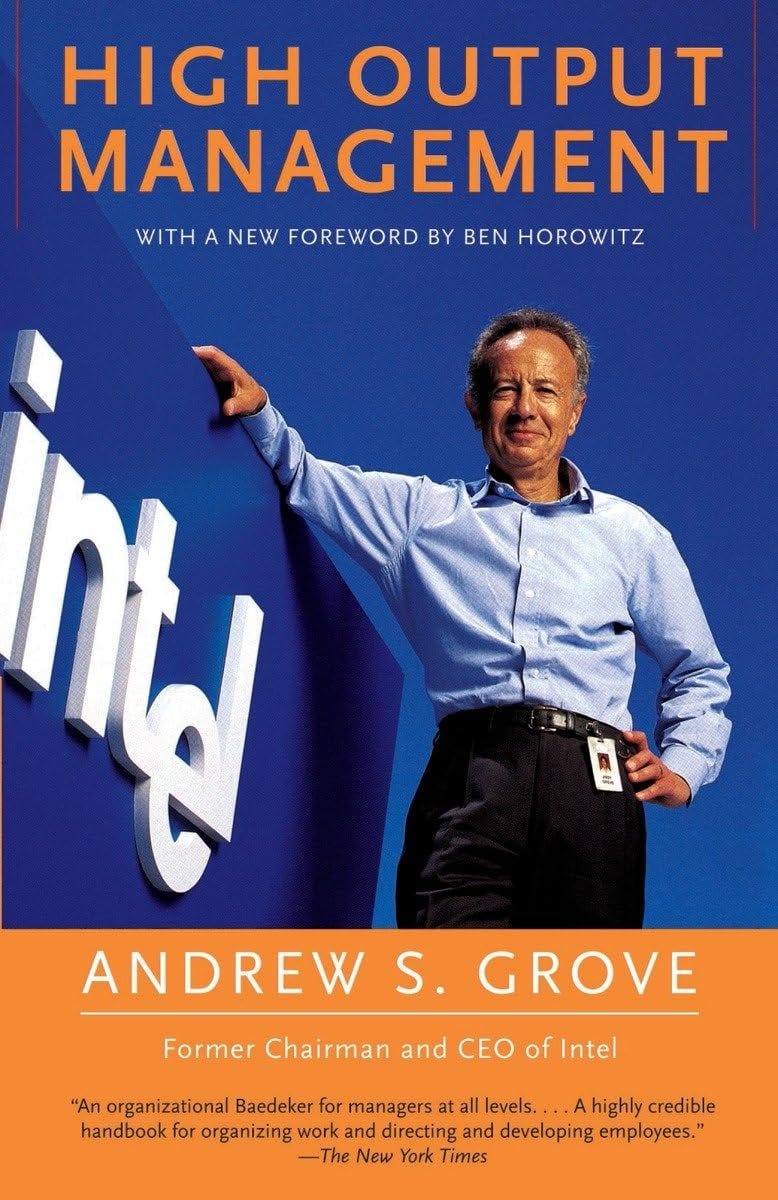Top Books on Leadership & Management: Essential Reads for Effective Leaders
Master the art of leadership and management with insights from top books that can help you inspire teams, drive success, and lead with confidence.
Top 3 Books on Leadership & Management
1. Leaders Eat Last by Simon Sinek
Sinek explores why great leaders prioritize the well-being of their teams. Inspired by military leadership principles, he highlights how trust, empathy, and a sense of belonging create highly motivated and resilient organizations. He argues that when leaders put their people first, they foster loyalty, innovation, and long-term success.
One of the book’s key concepts is the “Circle of Safety.” This idea emphasizes that when employees feel safe, valued, and empowered, they are more likely to collaborate, take risks, and drive progress. If you want to build a high-performing, people-centric culture, Leaders Eat Last is an essential read.
2. The Five Dysfunctions of a Team by Patrick Lencioni
This book presents a powerful framework for understanding team dynamics and overcoming common pitfalls that hinder productivity. Lencioni identifies five key dysfunctions that disrupt teamwork: absence of trust, fear of conflict, lack of commitment, avoidance of accountability, and inattention to results.
Through a compelling leadership fable, Lencioni demonstrates how leaders can cultivate trust, encourage healthy debate, and align teams toward a common vision. If you’re looking to improve collaboration and build a more cohesive team, The Five Dysfunctions of a Team offers valuable lessons in leadership and organizational success.
3. High Output Management by Andrew Grove
Written by former Intel CEO Andrew Grove, this book is a must-read for anyone managing people, processes, and performance. Grove breaks down the principles of effective management, emphasizing metrics, decision-making, and execution.
One of the book’s standout lessons is the idea that a manager’s primary job is to increase the output of their team by optimizing processes, fostering clear communication, and making data-driven decisions. High Output Management is perfect for leaders who want to refine their management skills and drive efficiency in their organizations.
Key Takeaways from These Books
Each of these books offers unique insights, but they share common leadership principles that are essential for success:
Put People First: Great leaders build trust, prioritize their teams, and create environments where employees feel safe and valued (Leaders Eat Last).
Build Strong Teams: Address dysfunctions, encourage open communication, and align everyone towards a shared mission (The Five Dysfunctions of a Team).
Focus on Efficiency & Execution: Effective management is about optimizing resources, making strategic decisions, and driving high performance (High Output Management).
Encourage Accountability: Clear expectations, feedback, and responsibility lead to stronger teams and better results.
Lead with Vision: A strong, inspiring vision keeps teams motivated and focused on long-term success.
These principles apply to any leader looking to create positive change and build a high-performing organization.
Final Thoughts
Leadership isn’t just about titles—it’s about influence, decision-making, and impact. Whether you’re leading a startup, managing a team, or aspiring to take on leadership roles, these books provide valuable lessons to help you grow.






